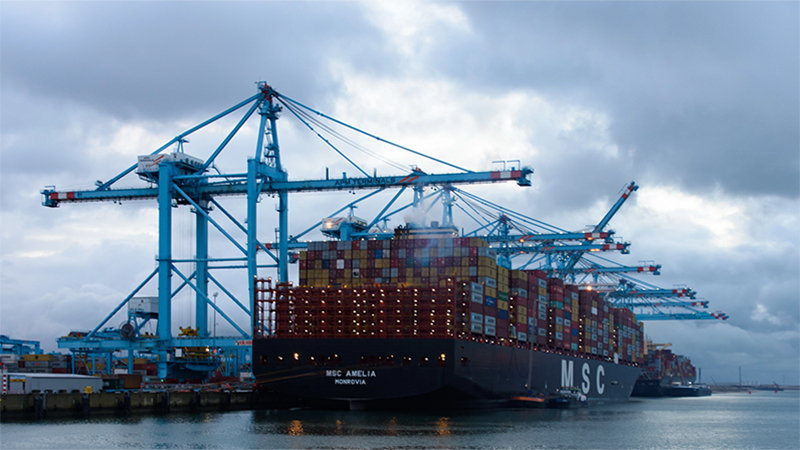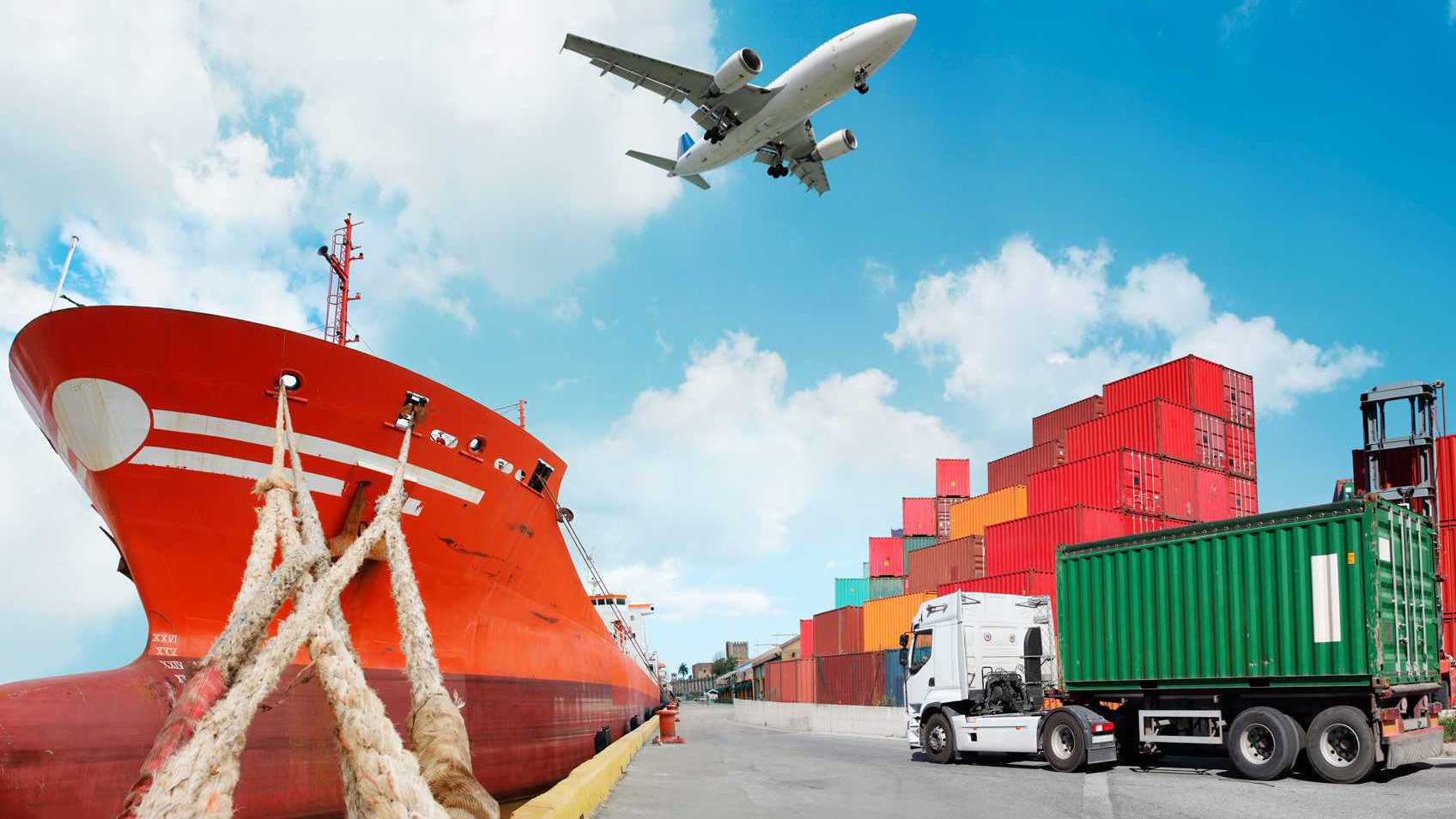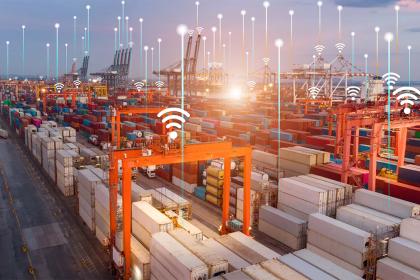The COVID-19 disruption has challenged the way that transport and port operations functioned. The post pandemic reality requires new responses and ways of doing business to ensure sector’s resilience and business continuity and allow shipping and ports to effectively service international trade and global value chains.
Relevant response measures include implementation of a global COVID-19 recovery plan that promotes environmentally conscious, green strategies and investments. This may include scaling up investment to promote clean energy and sustainable transport systems, boosting green projects and promoting the deployment of technology-based solutions.
Together these priorities can help unleash the potential of ports to emerge as Sustainable Smart Ports (SSP) which in turn would help build back better and meet the promise of the 2030 Agenda for Sustainable Development and the global climate action targets.
Sustainable Smart Ports (SSP) are ports that leverage the energy transition and technology-based solutions to:
- Improve port operational efficiency by promoting energy efficiency.
- Harness the ability to use, produce and distribute clean/renewable energy to support sustainable development.
Objective of the Project:
Against this background, the objective of this project is strengthening the capacities of selected countries in Africa, including SIDS, in building Sustainable Smart Ports (SSP) that promote sustainable energy and technology-driven solutions for a better and sustainable recovery from the COVID-19 pandemic and the achievement of the SDGs.
Outputs and activities:
- Methodology developed to assess the Sustainable Smart Port (SSP) status of ports
- One Expert meeting to discuss and further refine UNCTAD SSP methodology, prior to endorsement at regional/sub-regional online workshops and its application in the three beneficiary countries.
- Online SSP platform and relevant guidance and training material
- Two online regional/sub-regional workshops organized in Africa to raise awareness on SSP principles/concept, share experience, gather feedback and input and endorse the UNCTAD SSP methodology
- Stakeholders’ meetings to present the methodology, collect information, apply the UNCTAD SSP assessment methodology and determine the SSP status of targeted ports.
- An SSP Assessment Report for each target country and its ports, which will include recommendations and action plan/roadmap to be discussed and validated at national workshop.
- One national validation workshop organized with relevant stakeholders in each of the 3 target countries to discuss the SSP Assessment Report and validate its findings/recommendations/action plan/roadmap and discuss implementation
- At least two capacity building and training workshops to support in the delivery of at least one priority action from the action plan/roadmap.
- One online regional webinar organized to disseminate project findings and lessons learnt with a broad regional audience, scale up project results and promote exchange of experience.
Intended Outcomes:
- Enhanced knowledge of relevant stakeholders in selected countries in Africa of: (i) the potential of national ports to emerge as Sustainable Smart Ports (SSP); and (ii) cross sectoral policies and measures that promote the realisation of this potential.
- Improved capacity of policy makers in selected countries in Africa to formulate and implement roadmaps/action plans that enable ports to meet the SSP status.
Relevant SDG Goals, target(s) and SDG indicator(s):
8. Promote sustained, inclusive and sustainable economic growth, full and productive employment and decent work for all
8.4 Improve progressively, through 2030, global resource efficiency in consumption and production and endeavour to decouple economic growth from environmental degradation, in accordance with the 10-Year Framework of Programmes on Sustainable Consumption and Production, with developed countries taking the lead
9. Build resilient infrastructure, promote inclusive and sustainable industrialization and foster innovation
9.1 Develop quality, reliable, sustainable and resilient infrastructure, including regional and trans-border infrastructure, to support economic development and human well-being, with a focus on affordable and equitable access for all
9.4 By 2030, upgrade infrastructure and retrofit industries to make them sustainable, with increased resource-use efficiency and greater adoption of clean and environmentally sound technologies and industrial processes, with all countries taking action in accordance with their respective capabilities
13. Take urgent action to combat climate change and its impacts
13.2 Integrate climate change measures into national policies, strategies and planning
Monitoring and Evaluation
Monitoring activities would be conducted throughout the project duration. To measure the progress on indicators of achievement, data would be collected periodically, including through questionnaires for events that would be organized under the project including capacity-building workshops.
The Annual Progress Reports would also be used as monitoring tools to analyse annual progress and indicate the need for corrective actions as required to achieve project outputs and outcomes. The annual reports would be submitted to the DA Management Team as follows as stipulated by the DA.
- 1st Annual Progress Report: By 31 January 2023
- 2nd Annual Progress Report: By 31 January 2024
- 3rd Annual Progress Report: By 31 January 2025

Project Code
2225EPartners
UN Country Teams and resident coordinators, UN organisations (UNECA, IMO), and development banks (Africa Development Bank)Donors
United Nations Development Account (14th Tranche)Beneficiaries
Morocco, Ghana and Mauritius
Duration
2022-2025Budget
$ 600,000Related
Topic
 Transport, logistics and trade facilitation
Transport, logistics and trade facilitation




